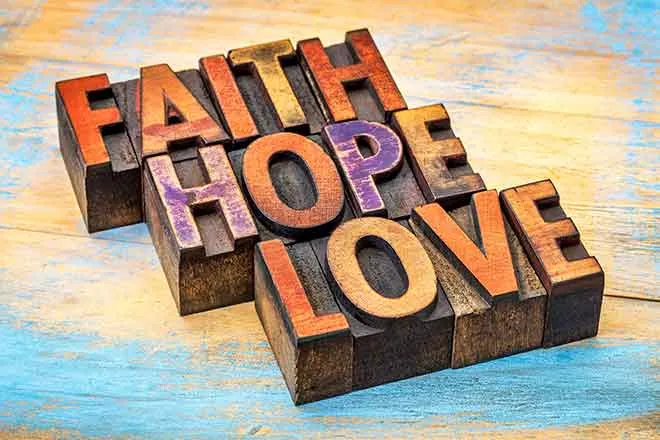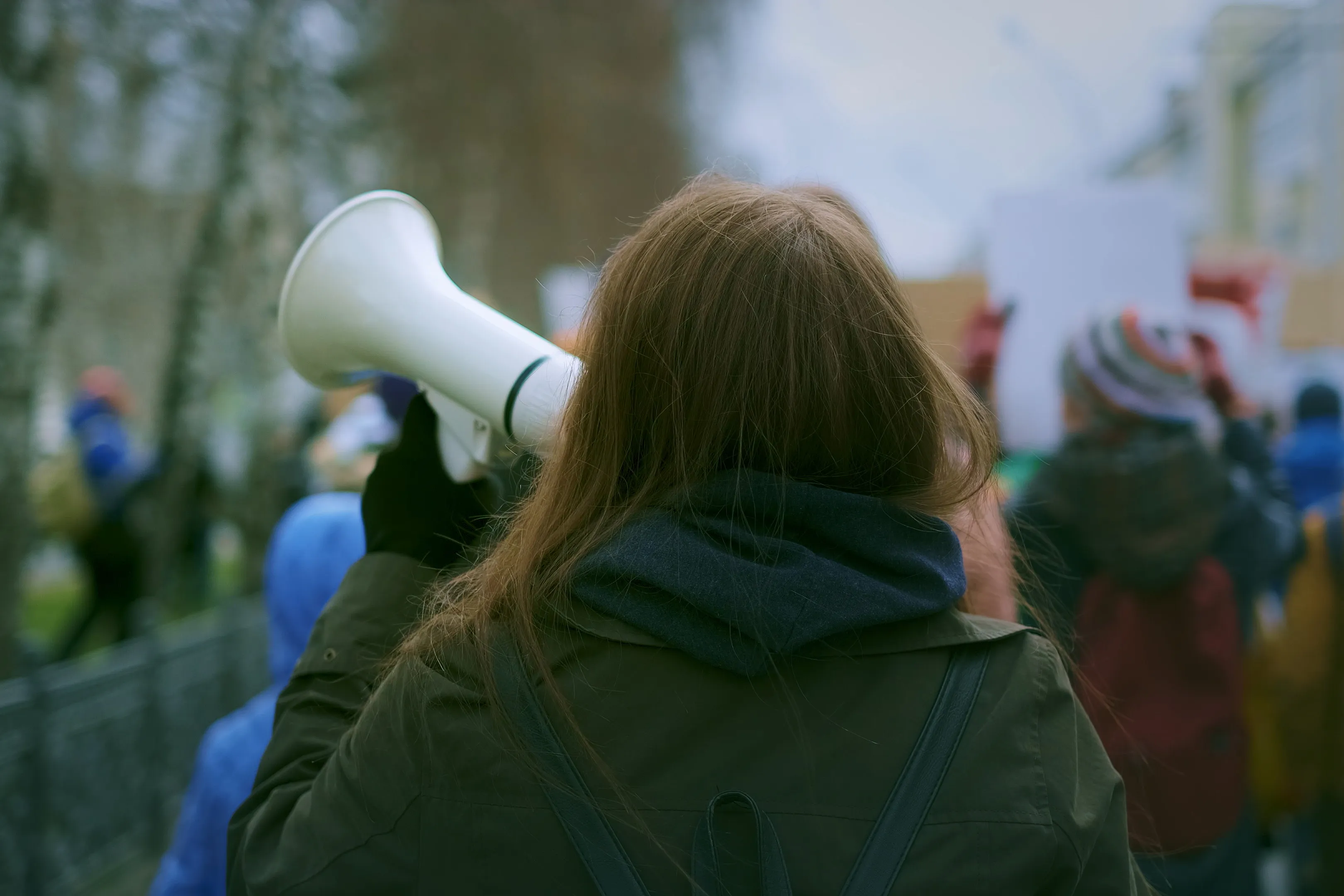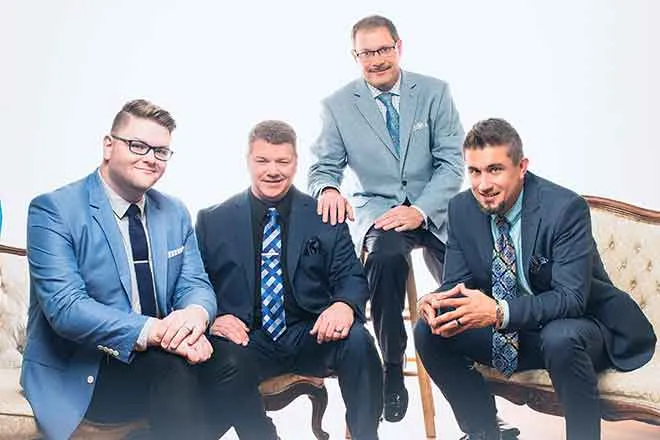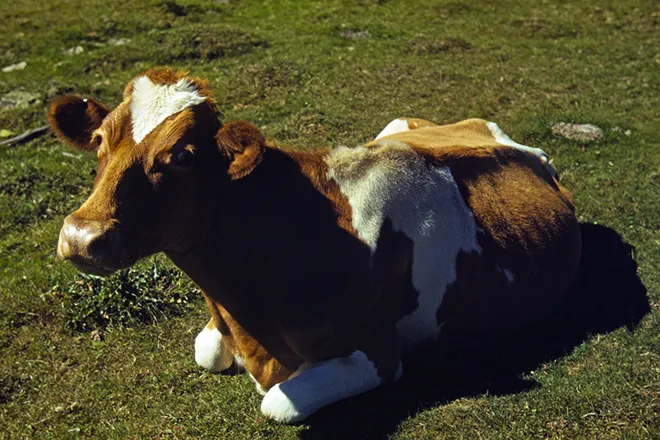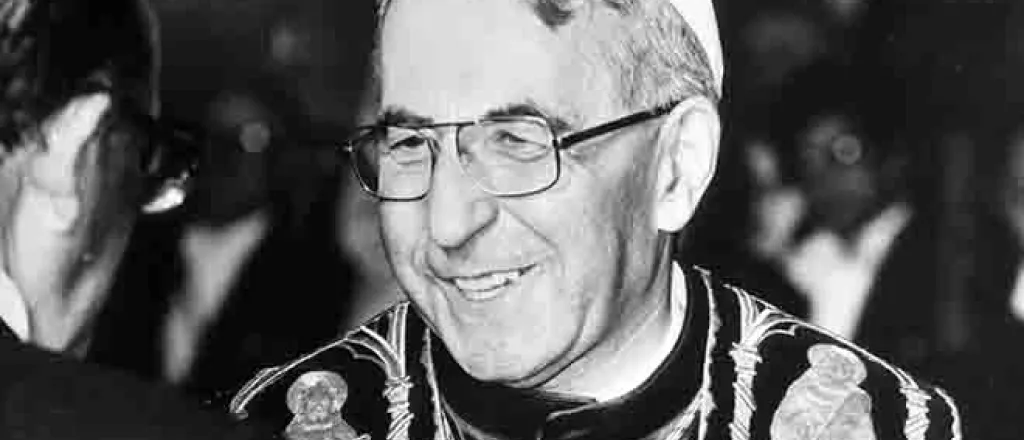
Pope Francis beatifies short-lived, 'smiling Pope' John Paul I
(Wikinews) Sunday, at a ceremony in St. Peter's Square, Vatican City, before some 25,000 faithful, Pope Francis beatified his short-lived predecessor Pope John Paul I, who served for 33 days as head of the Roman Catholic Church in 1978.
At the rain-drenched homily, the sitting Pope urged Catholics to pray for John Paul I, born Albino Luciani, to "obtain for us the smile of the soul." From the popemobile he said, "[with] a smile, Pope John Paul managed to communicate the goodness of the Lord" and "lived without compromise, loving to the very end" as a "meek and humble pastor."
Born impoverished in northern Italy in 1912, Luciani was ordained a priest in 1935 and made a cardinal in 1973. He was elected pontiff on Pope Paul VI's passing on August 26, 1978, and was succeeded by Pope John Paul II after he was found dead on September 29. On John Paul I's legacy, Francis said: "How beautiful is a church with a happy, serene and smiling face, that never closes doors, never hardens hearts, never complains or harbours resentment, does not grow angry or impatient, does not look dour or suffer nostalgia for the past."
In Catholicism, beatification is the final step before sainthood for the brief-serving pontiff and requires two approved miracles. Last year, a 2011 intercession by two parents of a critically ill Argentine girl was attributed by Pope Francis for her 'miraculous' recovery. Another miracle needs to be approved before he can be made a saint, however.
Though widely dismissed, the circumstances surrounding John Paul I's death have nonetheless been subject to conspiracy theories after the Vatican initially reported a priest had discovered his body, then corrected it as two nuns. The Church has announced his death was by heart attack, although no autopsy was done.
Stefania Falasca, the deputy postulator behind the push for John Paul I's sainthood and author of several books on the deceased pontiff, called conspiracies "publicity-driven garbage". Cardinal and the Vatican Secretary of State Pietro Parolin told Italian television Friday: "It was a natural death. There is no mystery about it."

